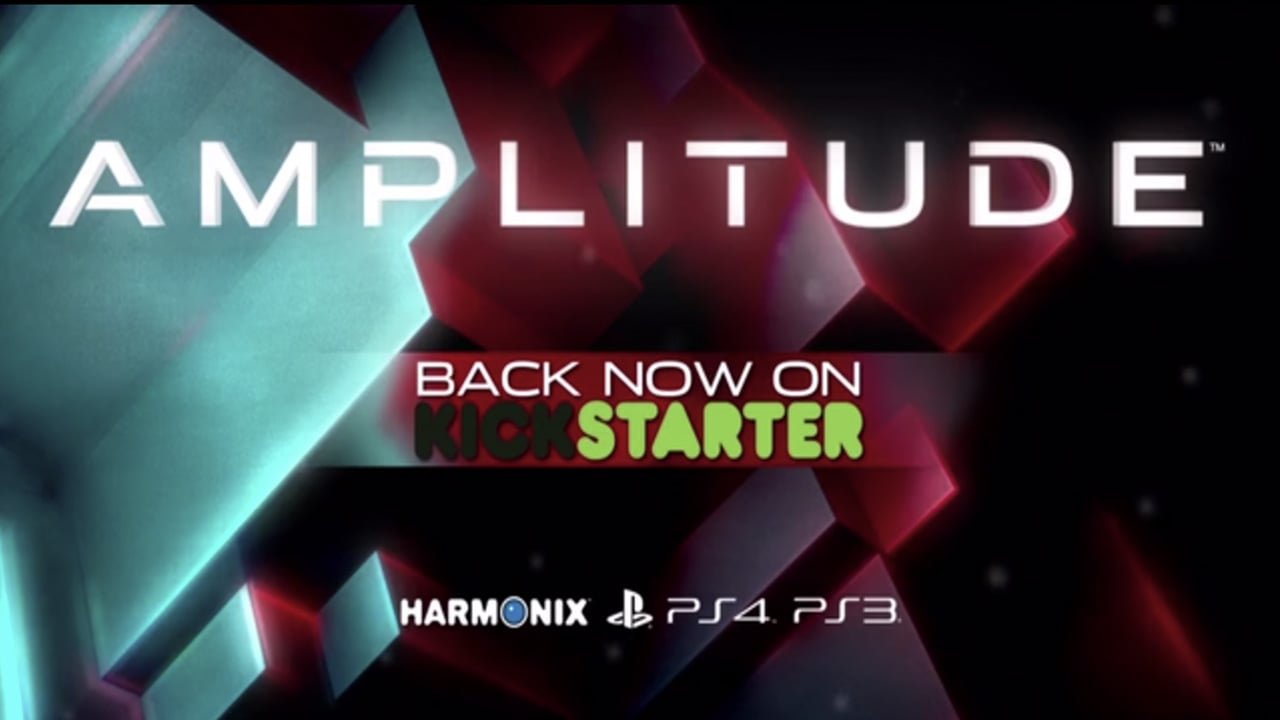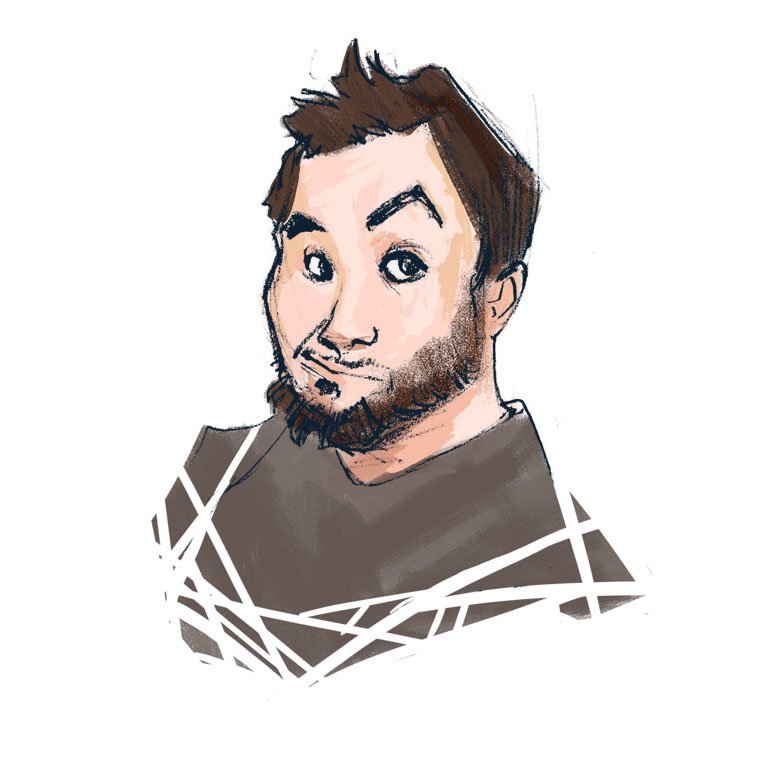Back in 2003 a small videogame developer known as Harmonix made a game for the PlayStation 2 called Amplitude. It reached cult status in the gaming community especially among fans of the rhythm genre, but it was never considered a financial success. Since that game, Harmonix has gone on to work on Guitar Hero and Rockband to become one of the most famous developers in the world. Fast forward over a decade and Harmonix wants to revisit their old title, so they went to Kickstarter.Their goal ends on May 23, 2014.
CGM caught up with Nick Chester, Harmonix’s publicist to speak about the upcoming title.
CGM: How did the idea of an Amplitude remake come about?
Chester: Returning to the roots of the studio, the controller-based gameplay of our first two titles – FreQuency and Amplitude – has been something we’ve all wanted to do for a while. Why are we trying to do it right now? Everything really just came together earlier this year, when we reached out to Sony to talk to them about the idea of Kickstarting the project, and it snow balled from there. Needless to say, we we’re thrilled to have the opportunity.
CGM: Amplitude released back in 2003. It’s really interesting to see how much inspiration was taken from this game in Harmonix’s future titles like Rock Band. How will the team take inspiration from the titles that have released since?
Chester: So at its core, this new version of Amplitude is going to remain true to the gameplay of the original. We don’t intend on mucking around too much with that made that game great. There are a lot of things we have learned over the years about UI, beatmatch timing, difficulty curves, and such that we think will certainly make this version a better experience than the original.
CGM: Can you speak on the importance of Amplitude to Harmonix as a company?
Chester:We have a lot of irons in the fire, so to speak, with Disney Fantasia: Music Evolved shipping this fall, Record Run having just hit iOS and coming to Android soon, and other unannounced projects. But from a creative standpoint, the team on this project is just so energized and excited by the prospect of making a new Amplitude. It’s a team comprised of many folks who worked on the original and younger folks who played and were inspired by the game on the PlayStation 2. It’s really exciting to see them
CGM: Aside from fan feedback, were there any internal reasons why Harmonix went with Kickstarter?
Chester: We’re actually really interested and excited by the idea of non-traditional forms of funding. You know, we’re a studio that has sought development funds from a publisher, worked tirelessly on a game we think is amazing, and then you ship it and you pray. With crowd-funding and things like Steam Early Access, you get to start a dialogue with your customers really early on, and you can react way before you commit that product to a disc or ship it in its final form.
CGM: Can you speak on the importance of Kickstarter as a tool to make games fans want?
Chester: This relates to the last question, so forgive me if I’m repeating myself. We can have a dialogue with the folks who are going to be playing our game and not only create the game we want, but they game they want, as well. Outside of playtests, we’ve never been able to do that before. This certainly gives customers a voice, not only in deciding whether or not it even gets made, but when it comes to many of the elements of the game itself.
CGM: Why do developers use Kickstarter instead of other places that guarantee funding like Indiegogo?
Chester: We’ve actually had a lot of developers at the studio who have Kickstarted their own projects, so we had some familiarity with the platform right up front. Having some of that background and knowing what we were getting into certainly helped.
CGM: How is the team updating the game to be more in line with modern expectations?
Chester: Again, this Amplitude reboot at its most basic is really about taking everything worked about the original and rebuilding it for modern platforms. So with that is going to come all of the stuff you’d expect, like high definition visuals and effects. There are a few less obvious things, like the out-of-the-box support for four controllers on both platforms. On the PlayStation 2, we did support 4-players, but it required an additional peripheral, the Multi Tap, in order to get that up and running. The multiplayer was actually a blast when you had a full group, so being able to support that and in widescreen, is going to be awesome. Of course, we also have the opportunity to explore adding content to the game post launch via downloadable content, something we certainly couldn’t do in 2003.
CGM: What does Harmonix hope to achieve with Amplitude?
Chester: Really, I think we just want to make a killer, arcade-style, controller-based beatmatch game on current generation platforms. We’re really excited by what people are doing in the music-gaming space with games like Fract, Sound Shapes, and more, and we’re continuing to try to innovative and experiment in that space, as well, with games like Disney Fantasia: Music Evolved. But we think there’s definitely still a place for controller-based beathmatch that you don’t see quite as much right now, and we’re excited to have the opportunity to get back to our roots.




